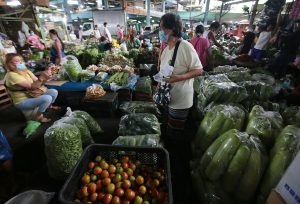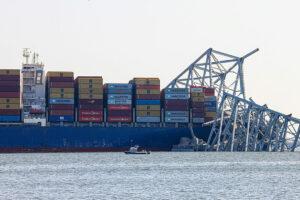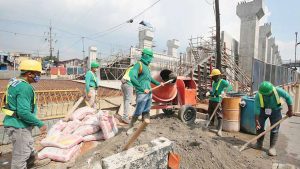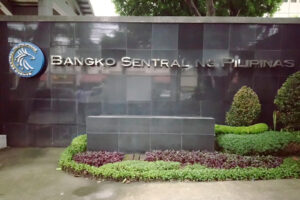PHL needs to ratify RCEP, says Balisacan

— PHILIPPINE STAR/ MICHAEL VARCAS
THE PHILIPPINES stands to lose potential foreign investments if it fails to ratify its membership in the Regional Comprehensive Economic Partnership (RCEP), incoming Socioeconomic Planning Secretary Arsenio M. Balisacan said.
In a June 16 roundtable with BusinessWorld editors, Mr. Balisacan said membership in RCEP would send the signal to investors that the Philippines is “open for business.”
“We want to be part of [the] global value chains. If investors [and] international traders don’t see us as a key player in those value chains, then we could not expect investors to think about us. That is important and I think that we need to ratify the RCEP,” he said.
The Senate failed to give its concurrence to the RCEP before it adjourned sine die on June 1, despite appeals from economic managers and business groups.
The RCEP, which entered into force on Jan. 1, is a major trade agreement involving Australia, China, Japan, South Korea, New Zealand and the 10 members of the Association of Southeast Asian Nations (ASEAN).
Representing about 30% of the global gross domestic product (GDP), the RCEP allows for zero or reduced tariffs in trade between the members of ASEAN and its free trade agreement partners.
Hesitation over the ratification of the RCEP comes from concern that local farmers will be negatively impacted by imports from other RCEP members. Some senators also cited the lack of safeguards for the agriculture sector.
“We can never really protect and do justice to our agriculture if our means of protecting our agriculture is inhibit competition, prevent competition,” Mr. Balisacan said.
The incumbent Philippine Competition Commission chairman said the main problem of low agricultural productivity has nothing to do with trade.
“It is the lack of public investments, the lack of institutional support… bad governance in the sector. I’m talking about infrastructure, research and innovation for agriculture. Our productivity, yield per hectare or production per hectare, is so low compared to our neighbors,” he added.
Mr. Balisacan said the government should raise the budget for agriculture research and development (R&D), which is around 0.3% of the country’s GDP compared with other countries that allocate around 1-2% of their GDP.
“We have very little regard for science and even more for agricultural sciences… Investing 2% of your GDP in R&D, you are likely to grow fast with productivity likely to go up,” he added.
“So we have to reset our priorities, go back to the basics, and address the key sources of productivity growth.”
Agriculture typically makes up around 10% of overall economic output, and a fourth of the country’s jobs.
President-elect Ferdinand R. Marcos, Jr. previously said he wants a review of the RCEP to determine if the agriculture sector is not unduly disavantaged by the trade deal.
Mr. Marcos would have to endorse the trade agreement to the 19th Congress when sessions open in late July.
President Rodrigo R. Duterte signed the trade deal on Sept. 2, 2021.
A video of the roundtable with Mr. Balisacan will be shown on BusinessWorld’s Facebook page on June 27. — Diego Gabriel C. Robles




